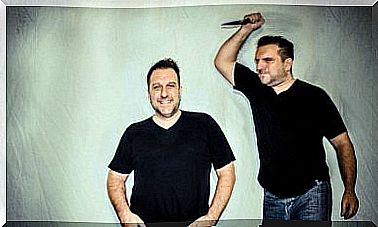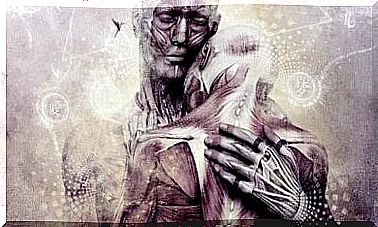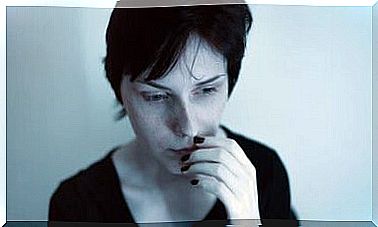Fight Against Cancer, Everyone’s Responsibility
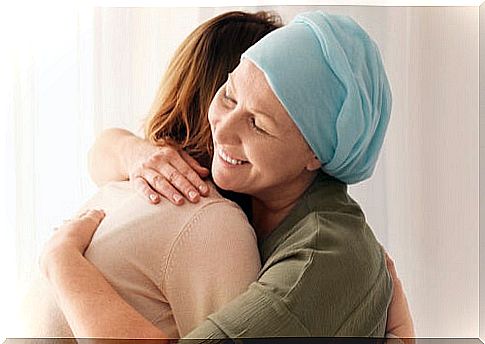
The fight against cancer is increasingly hopeful. The advances made in recent years suggest that treatments are improving, that new, more precise, personalized and less invasive therapies will appear. Immunotherapy, for example, is already rising as that vision of the future in which everyone trusts, and that today, is making progress while it is combined with radio and chemo.
On the other hand, something that undoubtedly draws attention are the warlike terms in which we usually speak when referring to this disease, which, sadly, takes an average of 9 million people a year around the world. It was curiously Richard Nixon who in 1971 made use of this terminology for the first time.
It was after signing the so-called National Cancer Act , a law aimed at allocating an important part of the budget to the scientific investigation of this reality. When referring to it, he defined it as a war in which everyone had to participate with a single purpose: to defeat cancer.
That struggle continues today with thousands of brave combatants. Although, in reality, not all cancer patients like to call themselves heroes. They are, in their own words, people who move forward each day with a single idea in mind: not to give up.
Many of us have lost someone, we have a close person dealing with that personal struggle or we may even be on that hard journey ourselves or we have emerged victorious from it. Be that as it may, there is only one detail to bear in mind: we are not alone. Advances arrive and thousands of people each year receive the best news: “you’re clean.”
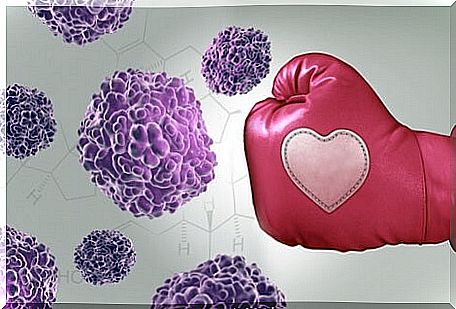
Fighting cancer: prevention, early detection and more effective treatments
It is often said that if the end of cancer is a marathon, we are now halfway there. Now, when faced with the real question of whether we will ever eradicate this disease for good, many doctors tell us “no.” However, there is a nuance: even if tumor cells continue to appear, our immune system will be able to defend itself against them effectively.
Moreover, the Higher Council for Scientific Research (CSIC) is working on the development of sensors that would achieve, for example, that lung cancer became a chronic and non-lethal disease. Let us remember that this type of cancer is the one that takes the most lives in the world.
Likewise, the Stem Cell and Cancer Laboratory of the Institute for Biomedical Research (IRB Barcelona) Spain is currently working on another objective: to stop metastasis, to make it also become a chronic disease.
On the other hand, there is an aspect that we cannot ignore. The fight against cancer requires a strong commitment from all of us; it demands that a three-force scenario be formed to deal with this disease. On the one hand there is science and on the other, there is the preventive area and in turn, the support provided to the patient. Let’s see it in detail.
Prevention and good habits in the fight against cancer
Although the mere fact of maintaining good lifestyle habits does not mean that we can avoid cancer 100%, they do reduce its appearance by a significant percentage. In this way, it is important to remember the keys that organizations such as the International Agency for Research against Cancer (IARC) give us in preventive matters:
- We must avoid tobacco.
- Protect ourselves from solar radiation.
- Avoid areas of high contamination.
- Avoid drinking alcohol.
- It is advisable to maintain a diet as healthy as possible.
- Avoid sedentary lifestyle.
- Establish periodic clinical check-ups, such as mammograms, gynecological examinations, tests to detect colorectal cancer, etc.
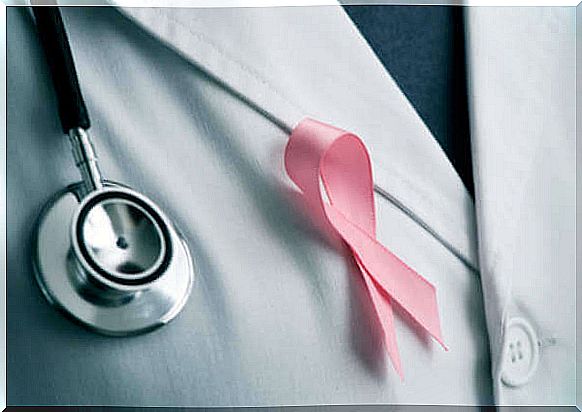
Support and assistance to people with cancer
To fight cancer we need more than just effective medical treatment. Moreover, something that those who have managed to get out of this disease demand is to have specialized help that focuses on social and psychological support, on offering resources and assistance for that moment when the person continues to feel lost.
Often times, they have to deal with noticeable physical changes that affect their day-to-day life. Other times, it is the family members who demand specialized professionals to help them in this harsh daily reality. This assistance is another pillar in the battle against cancer, both during and after treatments.
Communication with the patient, the way in which health workers must give certain information, undoubtedly requires adequate skills in which all professionals are trained. Also, family, friends and any of us should know how to talk to sick people, avoiding above all the typical clichés such as “this is going to get over it at all or a friend of mine went through the same thing and that’s fine now.”
Each person is unique, has their own characteristics in their illness and lives their struggle in a particular way. For this reason, phrases like ” I’m sorry for what you’re going through and I’ll be by your side for whatever you need” are the most valid.
To conclude, every February 4 is celebrated the day against cancer. It is undoubtedly an ideal time to become a little more aware of this reality than who else and who less knows closely.
This is a marathon to go together and, as we pointed out above, science has already passed more than half of the journey in terms of research. Therefore, we do not need too much to reach that goal where finally, this disease is completely treatable.
